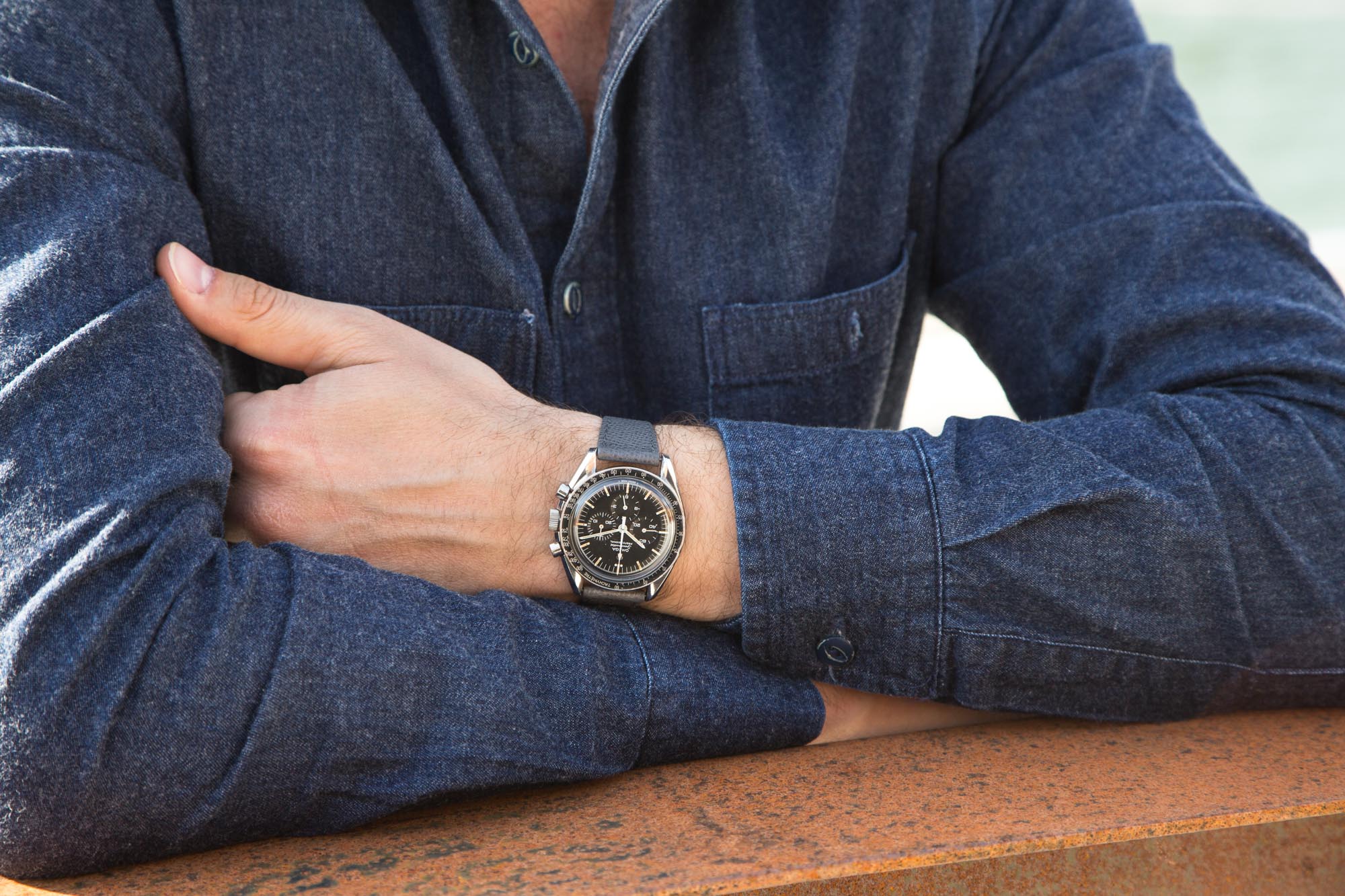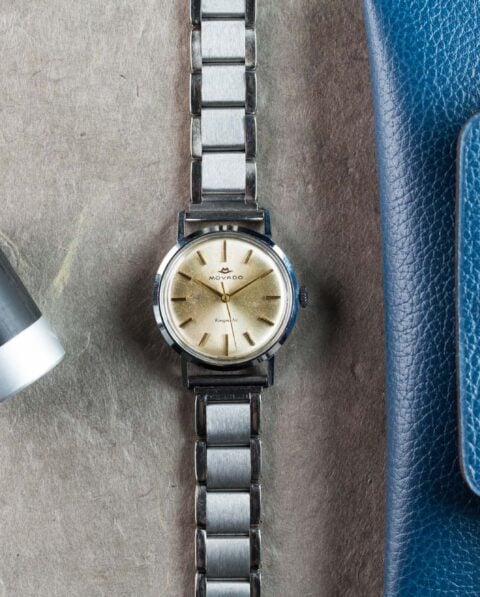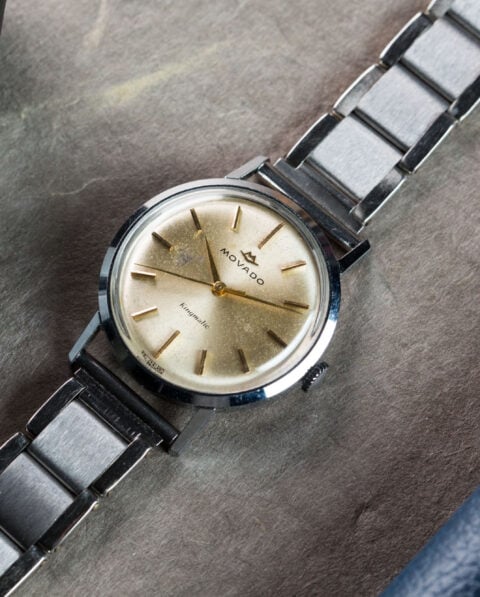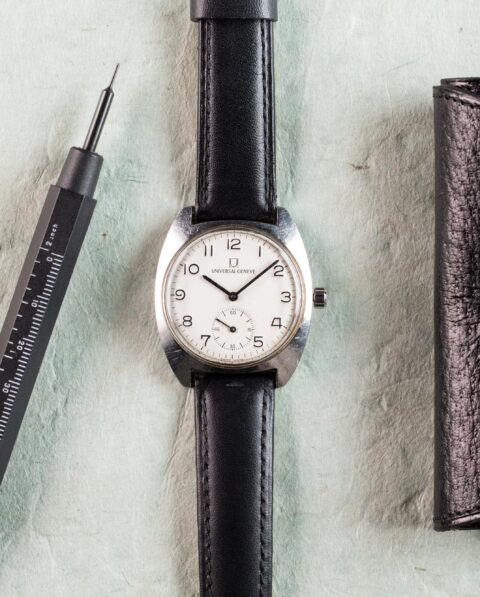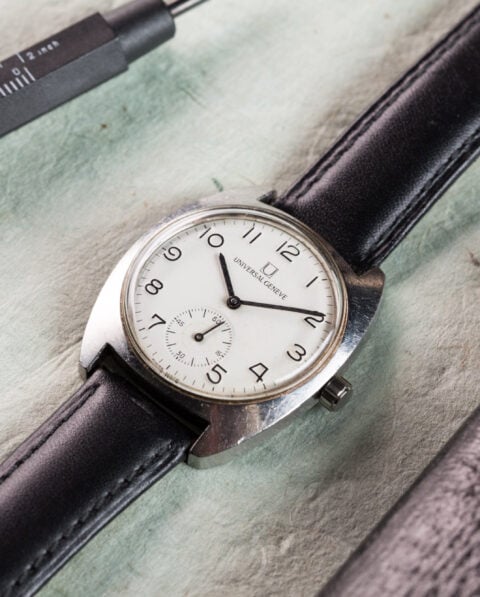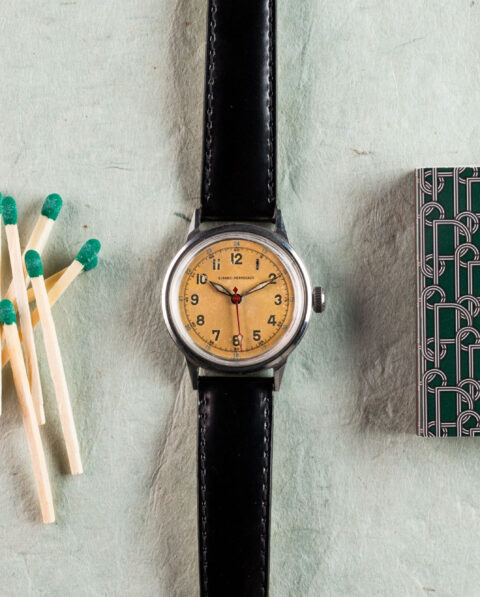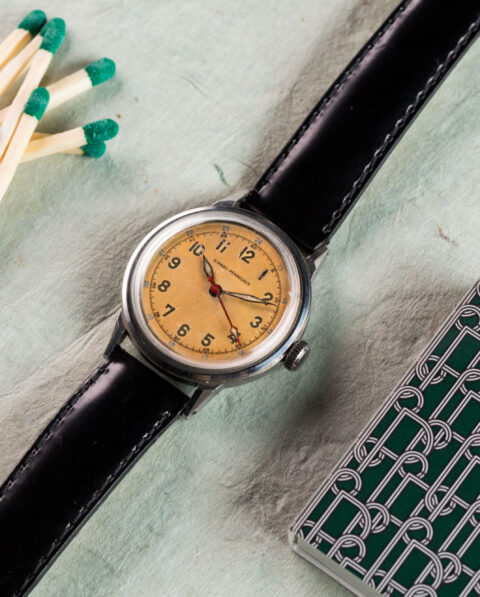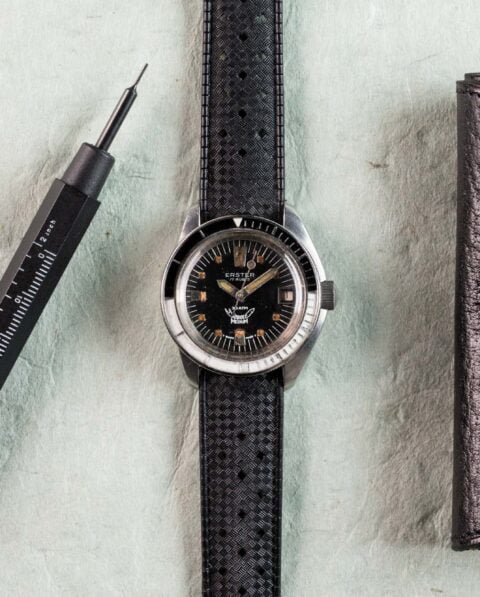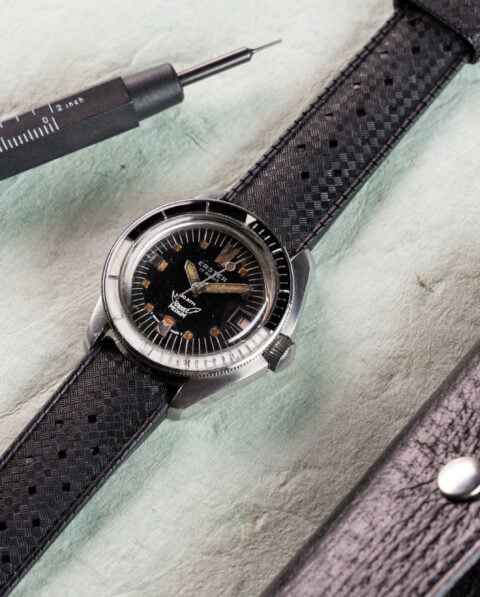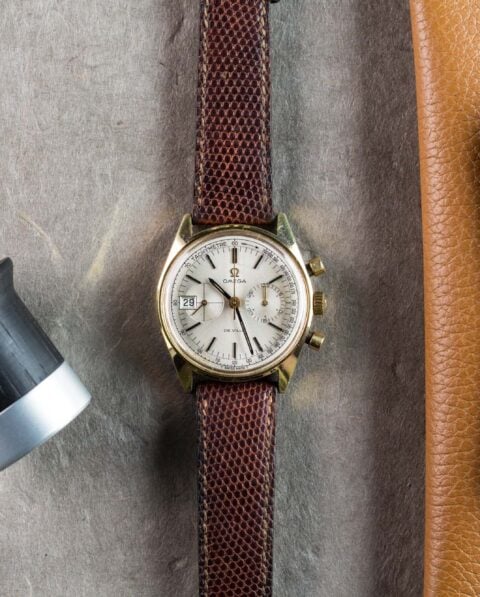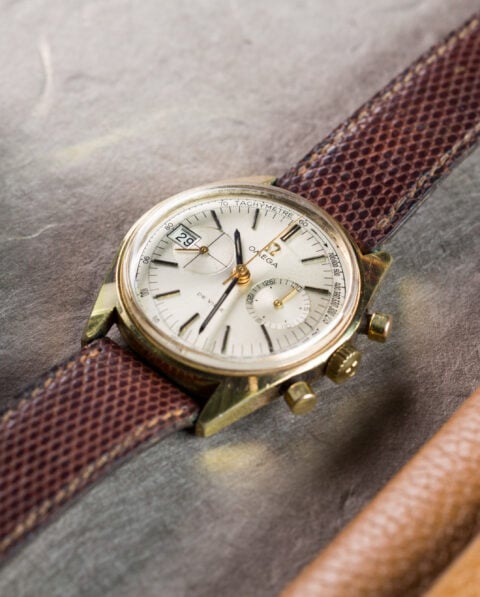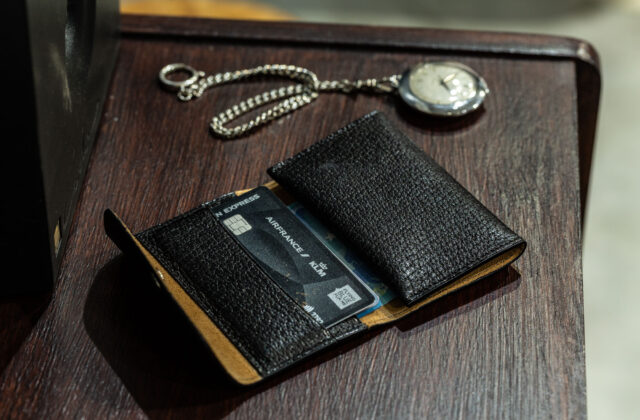Life with a mechanical watch
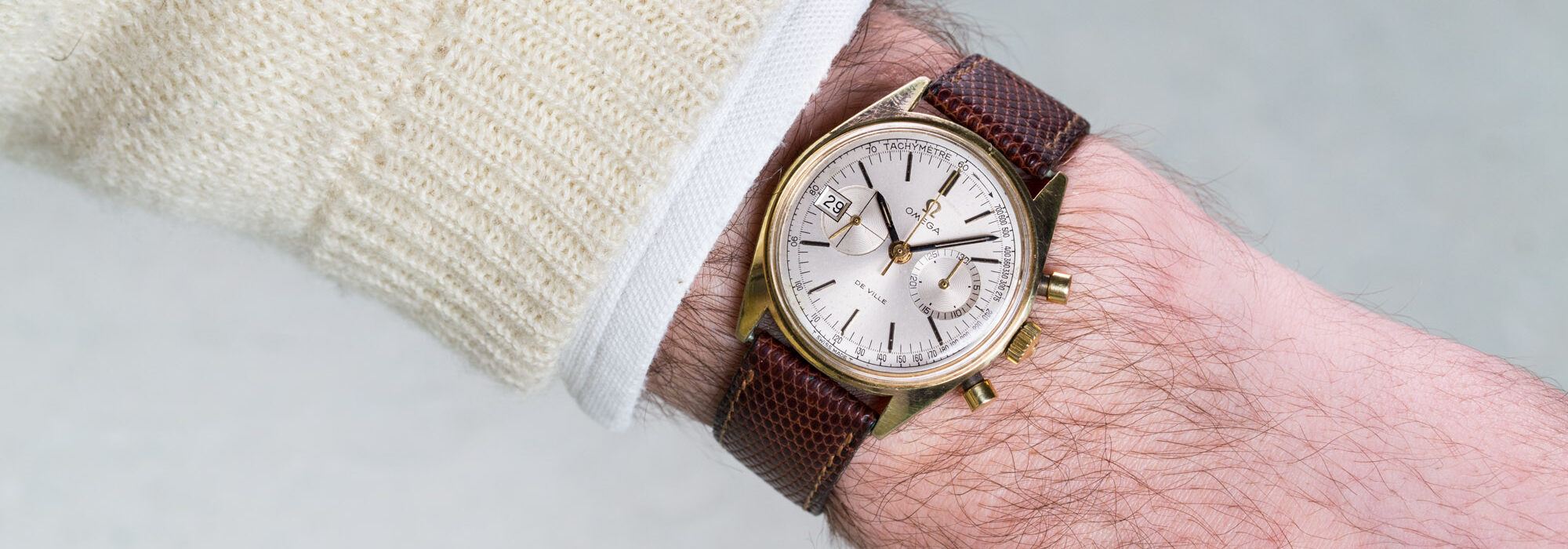
Life with a mechanical watch
So you’ve finally decided to purchase that beautiful mechanical watch you’ve been eyeing for months. After all that comparing and evaluating, the precious piece is now sitting pretty on your wrist. Congratulations! I wish you both a life of love and happiness…and who knows, maybe one day you’ll be able to pass it on. Wouldn’t that be something?
Here are some simple tips so that your mechanical watch remains in tip top shape… for a long time!

Winding the movement
All mechanical watches need to be wound at some time. Hand-wound pieces need to be wound every 1-2 days, whereas automatic self-winding movements need winding when you haven’t worn it for a while.
Now if you’re like many of us here, you have more than one mechanical watch. This needs a little bit of organising. It’s better for the watch if its wheels are more or less in motion and its lubricant fluid, and not forgotten in a drawer somewhere for too long. Alternate between watches so that they all get a bit of attention…and their wheels can be activated and in motion from time to time. It’ll do them a world of good and make sure that their lubricant doesn’t dry out.
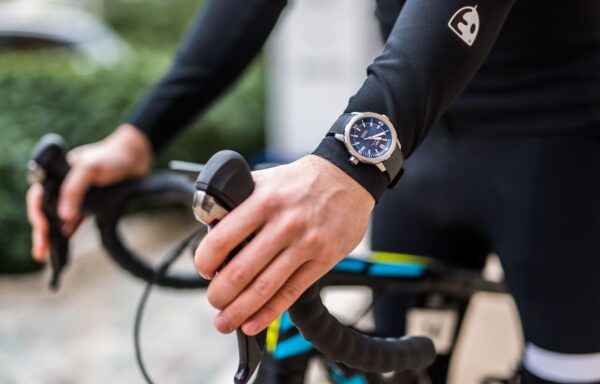
Protection from foes
Your mechanical watch’s deadliest foes are moisture, shock, and dust. Seek and eliminate Sergeant, I repeat, seek and eliminate. If you’re going swimming, take your watch off, naturally. For those with dive watches make sure to not unscrew your crown or press down any pushers if it’s a chronograph while in the water. Very bad idea!
You’ll also need to protect your precious watch from shocks. This includes everything from accidentally dropping it on the floor to playing sports with it on your wrist (even “soft” sports like golf). The little gem doesn’t like sudden and abrupt movements. Even riding a bike or motorcycle with a watch is not ideal. The repeated trembling and vibrations won’t do it any good.
–
In short, we can say that a happy watch means one whose mechanism has been lubricated, is free from moisture, shocks, and dust.
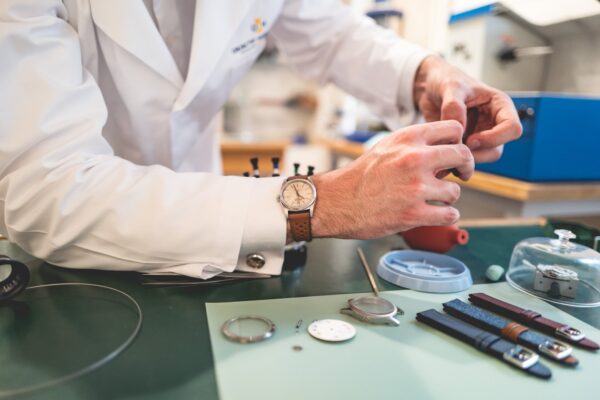
The watchmaker, your valuable friend
To ensure healthy functioning, we suggest having it serviced every 5 years so that its mechanisms and wheels can be checked, cleaned and adjusted if necessary, and finally lubricated. It’s true that some watches haven’t been serviced for decades and still work very well. Having your watch checked before it breaks or before the movement completely dries out is the best way to ensure its longevity.
If for some reason you believe that there’s something wrong with your mechanical movement, that it isn’t running as smoothly as it should, or if you hear any weird clicking noises coming from inside the case, please don’t play “The Watch Whisperer.” Instead, go see your best friend the watchmaker….at least your watch’s best friend.
Don’t risk everything by trying to solve the problem yourself. Chances are, you’ll be doing way more damage than good. The Speedmaster 321 or the old chronograph that took you so long to find deserves better than this…
It’d be best to invest in advice and above all in experience and skills. You’ll be glad you did… especially when we’re looking at pieces with priceless sentimental value.
